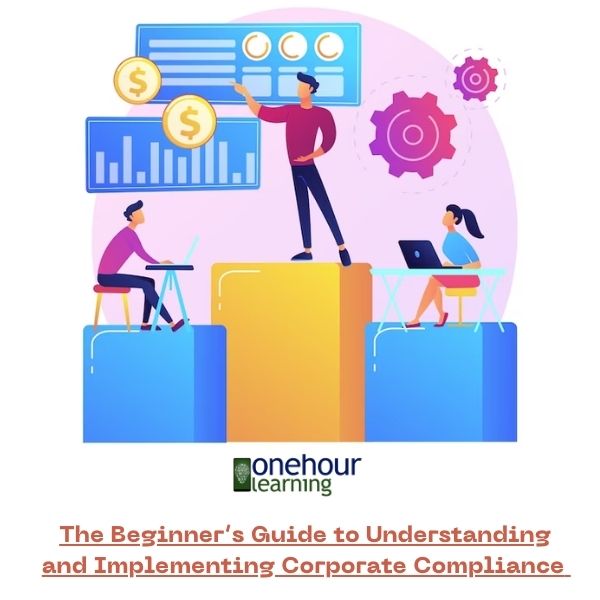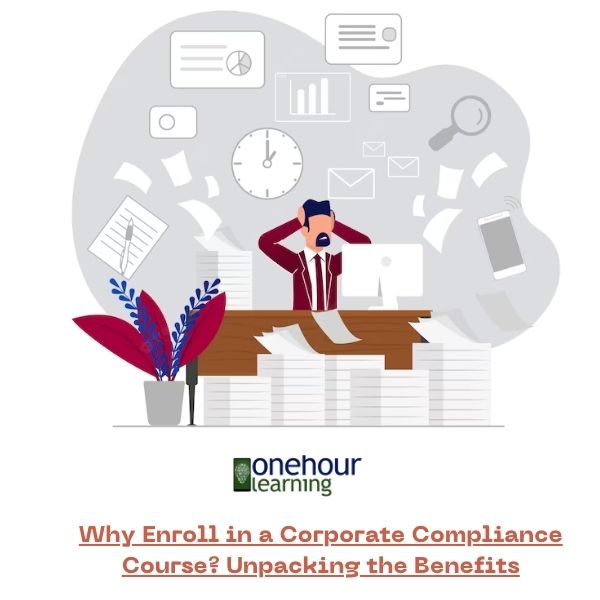Finance Courses 101: A Guide to Picking the Right Course for You

How Professional Efficacy Courses Are Shaping the Future of Work
August 7, 2023
Diving into the Business Pool: How Business Courses Shape Your Perspective
August 8, 2023Introduction
Are you fascinated by the world of finance and eager to embark on a rewarding career in this dynamic field? Or perhaps you’re an aspiring entrepreneur looking to strengthen your financial knowledge for managing your business effectively. Whatever your motivation, choosing the right finance course is crucial to achieving your goals. Choosing suitable finance courses available, and finding the perfect fit can be overwhelming. In this guide, we will walk you through the process of selecting the right finance courses for you tailored to your needs, ensuring you make the most of your learning journey.
Assess Your Goals and Interests
Before diving into the sea of finance courses, take some time to assess your goals and interests. Consider your current knowledge level, career aspirations, and the specific areas of finance that intrigue you the most. Are you interested in investment analysis, corporate finance, or personal financial planning? Identifying your interests will help you narrow down your options and find the Right finance courses for you that align with your passions.
Explore Various Finance Education Options
The world of finance education offers a wide array of courses, from traditional classroom settings to online platforms. Each option has its benefits, and it’s essential to consider what suits your learning style and schedule. If you prefer a structured environment with face-to-face interactions, enrolling in a reputable university or financial institute might be the ideal choice. On the other hand, if flexibility is a priority, online courses can provide you with the freedom to learn at your own pace.
Research Course Content and Syllabus
Once you have a clear idea of your goals and preferred learning format, delve into the content of the finance courses you’re considering. Look for comprehensive syllabi that cover essential topics relevant to your interests. Topics like financial analysis, risk management, financial modeling, and ethical considerations are fundamental in most finance courses. Don’t forget to check for any prerequisites, as some courses may require specific knowledge or qualifications.
Check the Credibility and Reputation of the Course Provider
To ensure the quality of education, it’s essential to verify the credibility and reputation of the course provider. Look for reviews and testimonials from past students to gauge their satisfaction with the course. Accredited institutions and renowned finance experts associated with the course are positive indicators of a valuable learning experience.
Consider Professional Certifications
If you aim to boost your employability in the finance industry, consider the Right finance courses for you that offer recognized certifications. Certifications like Chartered Financial Analyst (CFA), Certified Financial Planner (CFP), or Financial Risk Manager (FRM) can significantly enhance your resume and open doors to exciting career opportunities.
Look for Practical Learning Opportunities
Theoretical knowledge is vital, but practical application is equally important in the finance world. Seek the Right finance courses for you that offer hands-on learning experiences, such as case studies, simulations, or real-life projects. Practical exposure allows you to develop critical skills and gain confidence in dealing with financial challenges.
Compare Course Duration and Costs
Finance courses can vary widely in terms of duration and costs. Consider your availability and budget while evaluating different options. Short-term courses might be suitable if you’re looking to upskill in specific areas, while longer programs could offer a more comprehensive understanding of finance.
Seek Personalized Learning Experiences
Everyone has a unique learning style, and finding a course that caters to your specific needs can make a significant difference in your understanding and retention of the material. Some courses offer personalized learning paths, allowing you to focus on the areas where you need the most improvement. This tailored approach can accelerate your learning and help you grasp complex financial concepts more effectively.
Network and Connect with Peers
In the world of finance, networking is a valuable asset. Look for courses that provide opportunities to connect with peers, instructors, and industry professionals. Collaborating with like-minded individuals can broaden your perspective, expose you to different insights, and create potential career opportunities. Many finance courses offer networking events, online forums, or alumni groups, providing a supportive community that can enhance your learning experience.
Stay Updated with Industry Trends
Finance is a constantly evolving field, influenced by economic changes, technological advancements, and regulatory updates. A top-notch finance course should not only cover the fundamentals but also keep you abreast of current industry trends. Look for courses that include discussions on emerging financial technologies, global economic developments, and the impact of new policies on the financial landscape. Being well-informed about industry trends will give you a competitive edge in the job market and help you make informed financial decisions.
Evaluate Post-Course Support
Learning doesn’t stop once the course is completed. Some courses offer post-course support, which can be invaluable in solidifying your knowledge and applying what you’ve learned. This support may include access to course materials after completion, periodic updates on industry trends, or the option to consult with instructors even after the course ends. Consider this aspect when selecting a finance course, as ongoing support can significantly enhance your learning journey.
Conclusion
These tailored finance courses for your needs provide a comprehensive understanding of the factors to consider when choosing the right finance course for you. Remember to assess your goals, explore the best finance courses for individuals, research course content, check the provider’s credibility, consider certifications, look for practical learning opportunities, compare course duration and costs, seek personalized learning experiences, network with peers, stay updated with industry trends, and evaluate post-course support.
Investing in the right finance course is an investment in your future. It can equip you with the skills and knowledge needed to excel in the finance industry and open doors to exciting career prospects. Whether you’re a recent graduate, a seasoned professional, or an aspiring entrepreneur, the right finance course can empower you to make sound financial decisions and contribute meaningfully to the world of finance.
So, take the leap and start exploring the vast array of finance courses available to you. Your journey toward financial expertise and success awaits!




